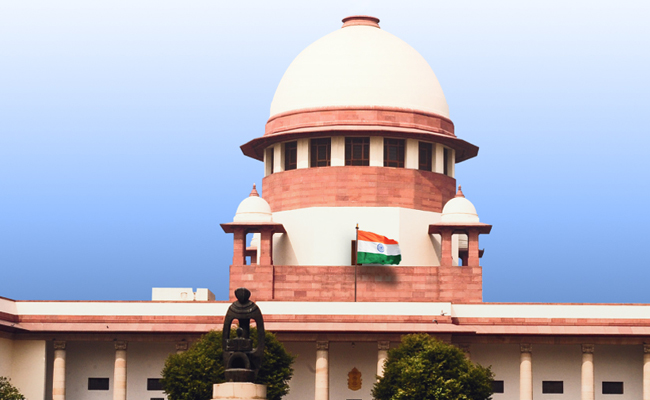
India News

This development follows the recent case where the Tamil Nadu government, led by Chief Minister M.K. Stalin, moved the Supreme Court against Governor R.N. Ravi for withholding assent to several bills. In response, the Supreme Court delivered a sharp verdict, stating that Governors must act on bills within a reasonable time, ideally within a month.
Now, extending that logic, the Supreme Court has clarified that Article 201 of the Constitution—which deals with the process when a bill is reserved for the President’s consideration—also implies a time-bound response. The court stressed that the President must decide within three months on such bills.
Crucially, the court emphasized that the Constitution does not grant Governors the authority to indefinitely delay bills passed by elected state governments. Similarly, it held that if the President finds a bill to be unconstitutional, they may seek the opinion of the Supreme Court under Article 143.
This ruling is particularly relevant in light of increasing tensions between state governments and Governors—especially in opposition-ruled states. Governors, appointed by the central government, have often been accused of stalling governance by deliberately delaying bills. Tamil Nadu Governor R.N. Ravi’s recent actions have been cited as a prime example.
The Supreme Court’s clear stance now limits both the Governor’s and the President’s discretion, mandating accountability and timeliness. This is expected to significantly reduce the friction between elected state governments and constitutional authorities, reinforcing the spirit of federalism and democratic governance.
Advertisment